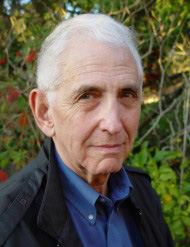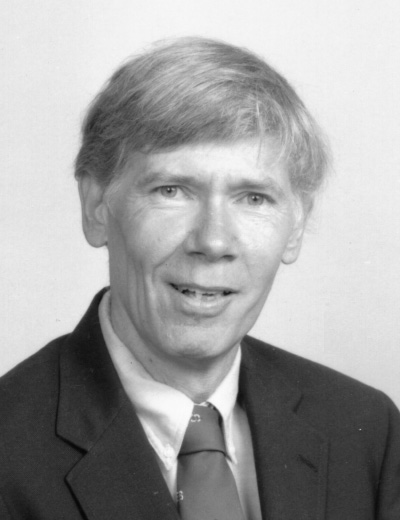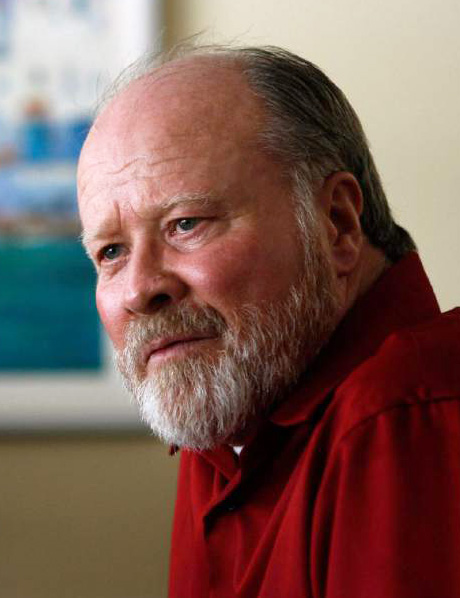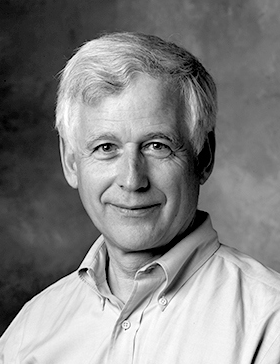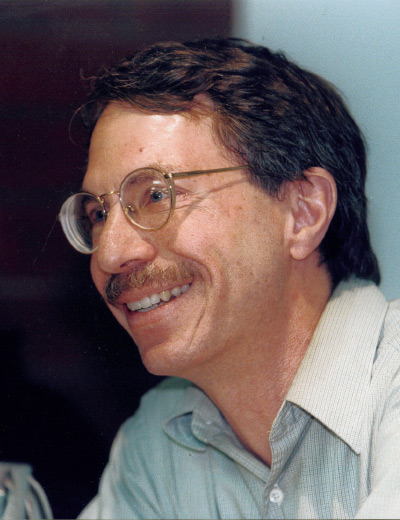Author, The Truman Administration: A Documentary History
Editor, Towards a New Past: Dissenting Essays in American History, Politics and Policies of the Truman Administration, and Twentieth-Century America: Recent Interpretations
Co-author, To Chain the Dog of War: The War Power of Congress in History and Law; Co-editor, The International Legal System and Religion and Law: Biblical, Jewish and Islamic Perspectives
Professor Firmage has been United Nations Visiting Scholar, Fellow in Law and Humanities at Harvard Law School, and Visiting Professor at the University of London.
Awards: Charles Redd Prize, Governor’s Award in the Humanities, Alpha Sigma Nu Book Award, Rosenblatt Prize for Excellence, Turner-Fairbourn Award, “Lifetime Achievement” Gold Medaille d‘Excellence.
Author, The Joy of Freedom: An Economist’s Odyssey; Editor, Fortune Encyclopedia of Economics
Research Fellow, Hoover Institution; former Senior Economist, President’s Council of Economic Advisors; former Professor of Economics at Santa Clara University, St. Louis University, and University of Rochester.
Awards: Rear Admiral John Jay Schieffelin Award and Mencken Award
Author, To Have and Have Not; Co-author, The Iran-Contra Connection, Drug Wars, and Cocaine Politics
Former Economics Editor and Technology Writer, San Francisco Chronicle; former Editorial Page Editor, Oakland Tribune; former Associate Editor, Inquiry
Based on his new book, Secrets, Ellsberg provided an insider’s view of the secrets and lies that have shaped decades of U.S. foreign policy to the present. His exposure began on his first day at the Pentagon, August 4, 1964, which was also the day of the infamous Gulf of Tonkin incident. In time, the more he learned from top decision-makers, confidential documents, and reports of secret maneuvers, the more skeptical he became about the conduct and impact of U.S. foreign policies.
The release of the Pentagon Papers set in motion a chain of events that included a landmark Supreme Court decision, the arrest and trial of Ellsberg, the crimes of Watergate, and the end of the Nixon presidency and the Vietnam War.
As the U.S. pursues the current War on Terrorism, Ellsberg’s insights into governmental intoxication with power could not be more timely or important.
This special evening with Daniel Ellsberg and a distinguished panel of scholars, Barton J. Bernstein, Edwin B. Firmage, David R. Henderson, and Jonathan Marshall discussed “Secrecy, Freedom and Empire: Lessons for Today from Vietnam and the Pentagon Papers.”

